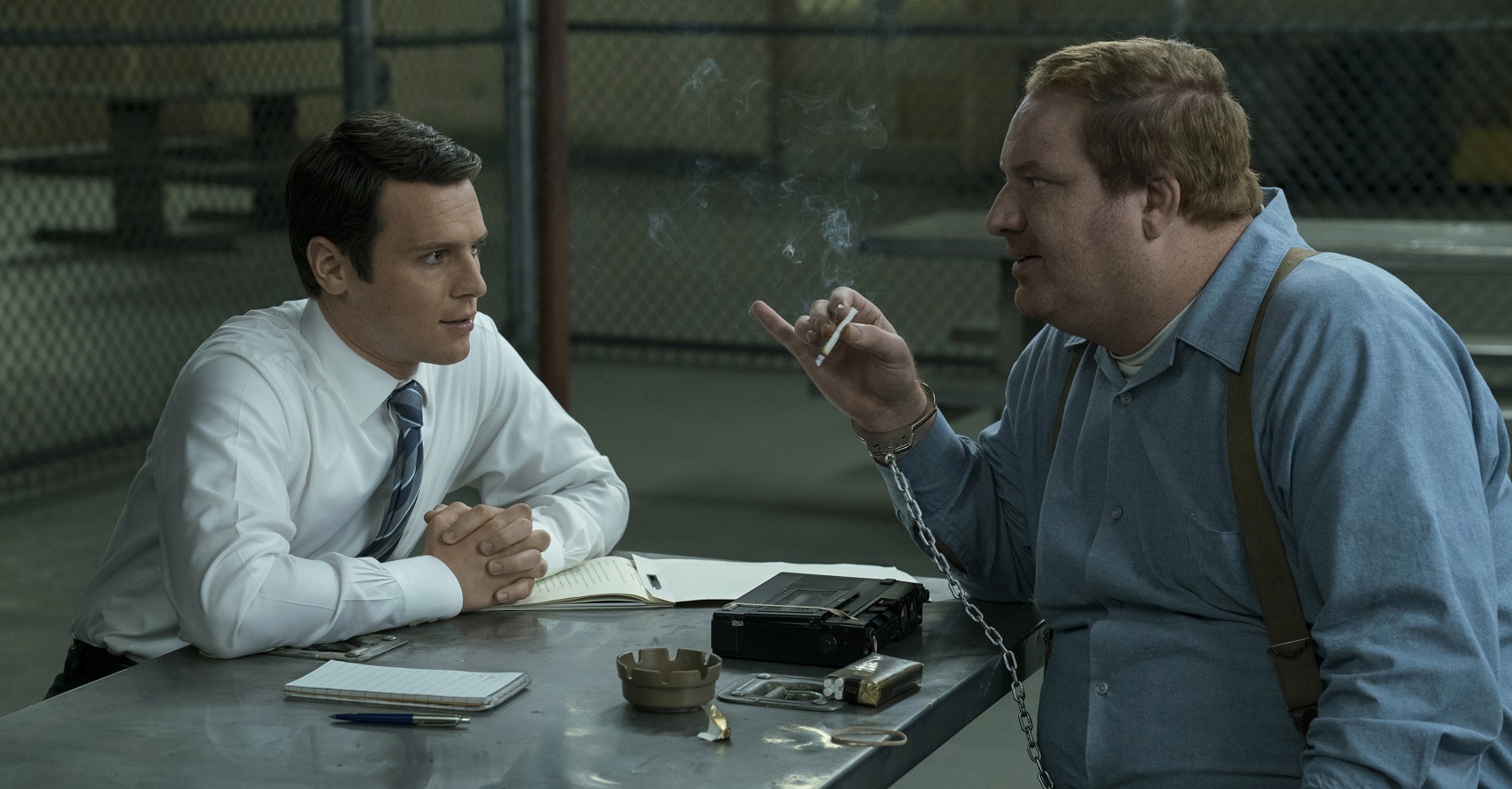CHENNAI: Netflix’s serial-killer drama, “Mindhunter,” returns for a second season with nine episodes, and these, like the earlier parts in season one, are creepy, sadistic and inhuman, but brilliant nonetheless. Strong performances, thought-provoking conversations and unbelievable behaviour from hardened criminals and cold-blooded killers, liven up what could have otherwise been distasteful viewing. The cinematography is eye-catching even on the small screen.
Helmed by David Fincher (“The Curious Case of Benjamin Button,” “Zodiac,” “Gone Girl”), Andrew Dominik and Carl Franklin, the series is based on the book “Mindhunter: Inside the FBI’s Elite Serial Crime Unit” by John E. Douglas and Mark Olshaker.
In one of the opening sequences, we see two FBI agents, Bill Tench (Holt McCallany) and Holden Ford (Jonathan Groff), trying to convince their boss why they must have long one-to-one conversations with Edmund Kemper (Cameron Britton), whose horrific acts of murder and mutilation shocked the nation in 1977, when the term “serial-killer” was relatively unknown. As Tench says, “How do we get ahead of crazy if we don’t know how crazy thinks?”
Based on real-life FBI agents, Robert Ressler and John E. Douglas — who studied heinous murders with a sexual component — Tench and Ford take us through a series of intimate chats with some of the most evil minds, who appear surprisingly normal and calm within the prison walls. Kemper, in fact, hassles the FBI guys with his nothing-has-happened attitude, a murderer who bludgeoned his mother to death and engaged in other perverse acts. “She had humiliated me ever since I was born,” he quips, his words laced with venomous sarcasm.
Mindhunter also profiles the kind of racial prejudices prevalent at the time in the US. While Tench’s neighbourhood is grieving the murder of a black toddler, a white policeman tells one of her parents to “wait a couple of days.” This horrific incident was the beginning of what came to be called the Atlanta Child Murders that took place between the late 1970s and the early 1980s.







0 التعليقات:
إرسال تعليق